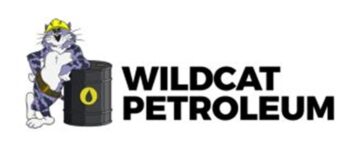
Thursday, November 3, 2022
Wildcat Petroleum has provided an update further to the announcement made on May 9 in regard to its activities in Sierra Leone. The company reports that it has completed a desktop study of the petroleum potential of deep-water blocks offshore Sierra Leone. This study was undertaken under an agreement with the Petroleum Directorate of Sierra Leone (PDSL).
Wildcat stated in a release today, “The work confirmed our initial ideas regarding the good hydrocarbon potential of the deep offshore. The current situation is that much of the offshore has now been opened up to competitive bidding in a License Round announced by the authorities on 18/5/22 – with a closing date which is now on January 27, 2023.”
PDSL has confirmed that Wildcat can apply to participate (subject to the usual pre-qualification requirements) as a partner. Wildcat states that since the Licensing Round is competitive, it will not be making any public announcements concerning specific findings from its study but will use the knowledge gained to try and secure a qualified oil company with which to partner in an application.
Chairman of Wildcat Petroleum, Mandhir Singh, commented: “We are encouraged by the resolve and determination of the PDSL to make their bid round a success. Evidence from the large discoveries in the conjugate margin of South America (specifically Guyana and Suriname) indicate that Sierra Leone could be strategically placed to emulate those successes. We look forward to the authorities attracting oil companies to their offshore and the possibility of WCAT’s involvement.”
In May 2022, Wildcat Petroleum entered into a Reconnaissance Permit Agreement over 20 offshore petroleum blocks in Sierra Leone territorial waters comprising a total 24,000 sq kms. This Permit granted Wildcat a non-exclusive right to conduct reconnaissance operations within the relevant blocks for the period of six months from the start of the Agreement.
Sierra Leone launched its 5th Licensing Round in May and in September announced the closing had been extended through January to give interested parties additional time to study the data.